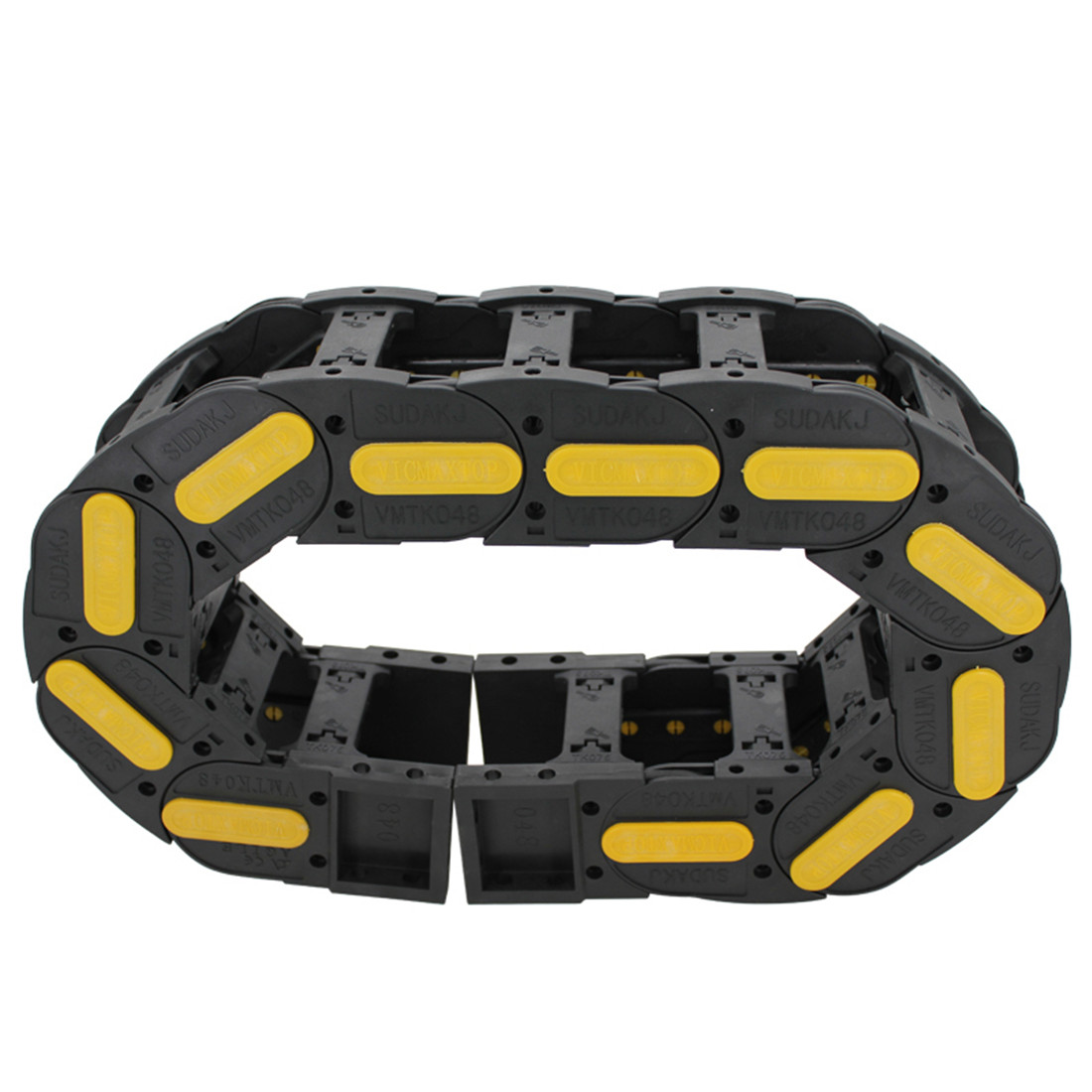Efficient Solutions for Electrical Cable Management Systems and Wire Support Structures
Understanding Electrical Cable Carriers Essentials and Applications
Electrical cable carriers play a pivotal role in the modern industrial landscape, serving as crucial components for managing and protecting electrical cables in various applications. These carriers, often referred to as cable trays or cable tracks, are designed to support the safe and efficient movement of electrical cables in factories, plants, and through machinery. This article aims to explore the significance, types, and applications of electrical cable carriers while highlighting their benefits in enhancing system reliability and safety.
What Are Electrical Cable Carriers?
Electrical cable carriers are mechanical devices used to hold and guide cables and wires, ensuring that they remain organized and protected while allowing for movement. These carriers facilitate the smooth operation of cables, which can be critical for automated machinery, robotic arms, and other machinery requiring a flexible yet stable source of electrical power.
The primary function of a cable carrier is to minimize wear and tear on cables while allowing for easy movement in dynamic applications. They also help prevent tangling, kinking, and susceptibility to environmental factors, all of which can lead to costly downtime and repairs.
Types of Electrical Cable Carriers
1. Plastic Cable Carriers These are lightweight carriers made from high-density polyethylene (HDPE) or nylon. They are suitable for environments with lower loads and moderate movements, providing an economical solution for many applications.
2. Metal Cable Carriers Constructed from steel or aluminum, metal cable carriers are designed for heavy loads and are incredibly durable. They are often used in industrial environments where high tensile strength and resistance to harsh conditions are required.
3. Low-Profile Carriers Ideal for applications with restricted vertical space, low-profile cable carriers are designed to minimize their height while providing sufficient cable management and support.
4. Custom Cable Carriers Certain applications may require specific dimensions or configurations. Custom cable carriers can be engineered to meet unique operational requirements, ensuring optimal functionality in specialized settings.
Applications of Electrical Cable Carriers
Electrical cable carriers are used in a multitude of industries and settings. Here are some common applications
electrical cable carrier

- Manufacturing Plants In environments with automated machinery, cable carriers are essential for guiding power supply and control cables, thus ensuring uninterrupted operation
.- Robotics Automation systems and robotic arms require cable management solutions to accommodate their movement without interfering with performance. Cable carriers enable smooth cable management that is crucial for these systems’ functionality.
- Construction Sites For heavy machinery that involves frequent movement, cable carriers offer a robust solution to prevent damage to electrical cables, thereby increasing productivity and safety on site.
- Aerospace and Transportation Aircraft and trains depend on reliable electrical systems, making cable carriers vital for managing aerospace and automotive wiring in dynamic environments.
Benefits of Using Electrical Cable Carriers
The adoption of electrical cable carriers offers several advantages, including
- Increased Longevity of Cables By reducing wear and maintaining proper alignment, cable carriers significantly extend the lifespan of electrical cables.
- Improved Safety Organizing cables and preventing tangling minimize the risk of tripping hazards and electrical failures, enhancing workplace safety.
- Enhanced Maintenance With cables properly managed, maintenance and troubleshooting become simpler, reducing downtime and associated costs.
- Flexibility and Adaptability Many modern cable carriers are designed to accommodate movement and flexibility, adapting to the needs of various operational environments.
Conclusion
Electrical cable carriers are indispensable tools in the contemporary industrial arena, ensuring the protection and efficient handling of cables essential for powering a multitude of systems. Their diverse types and adaptable applications underline their importance in promoting safety, reliability, and maintenance efficiency. As industries continue to evolve and embrace automation, the role of electrical cable carriers will undoubtedly remain critical in supporting the infrastructure necessary for modern technology and operations. Investing in quality cable carriers is not just about managing wires; it's a commitment to enhancing operational standard and safety in the workplace.








